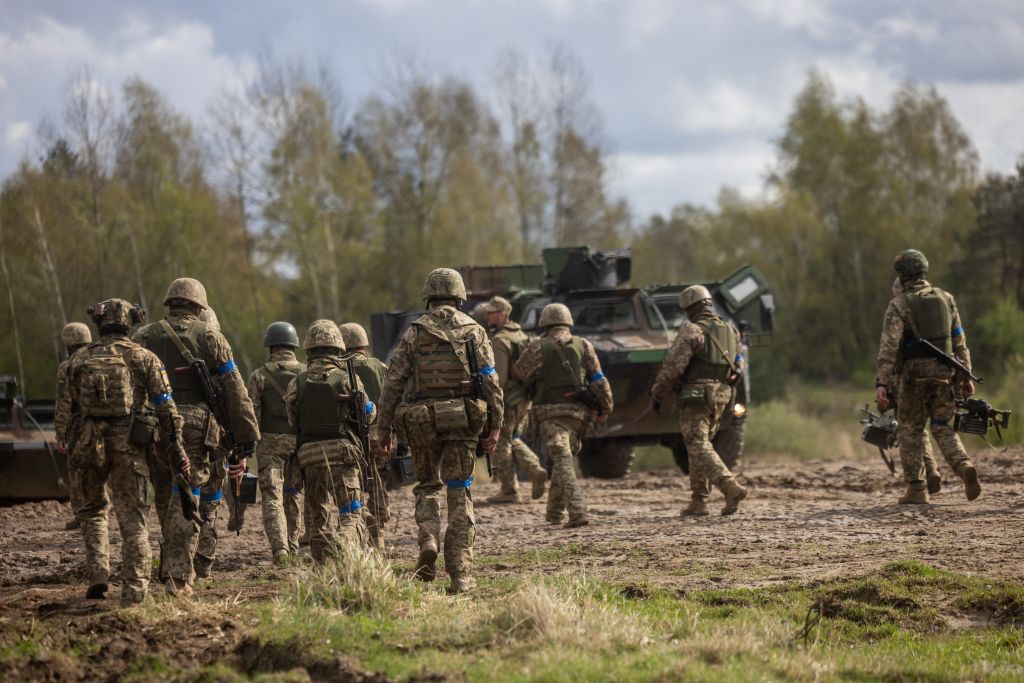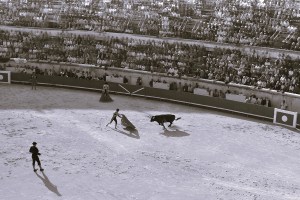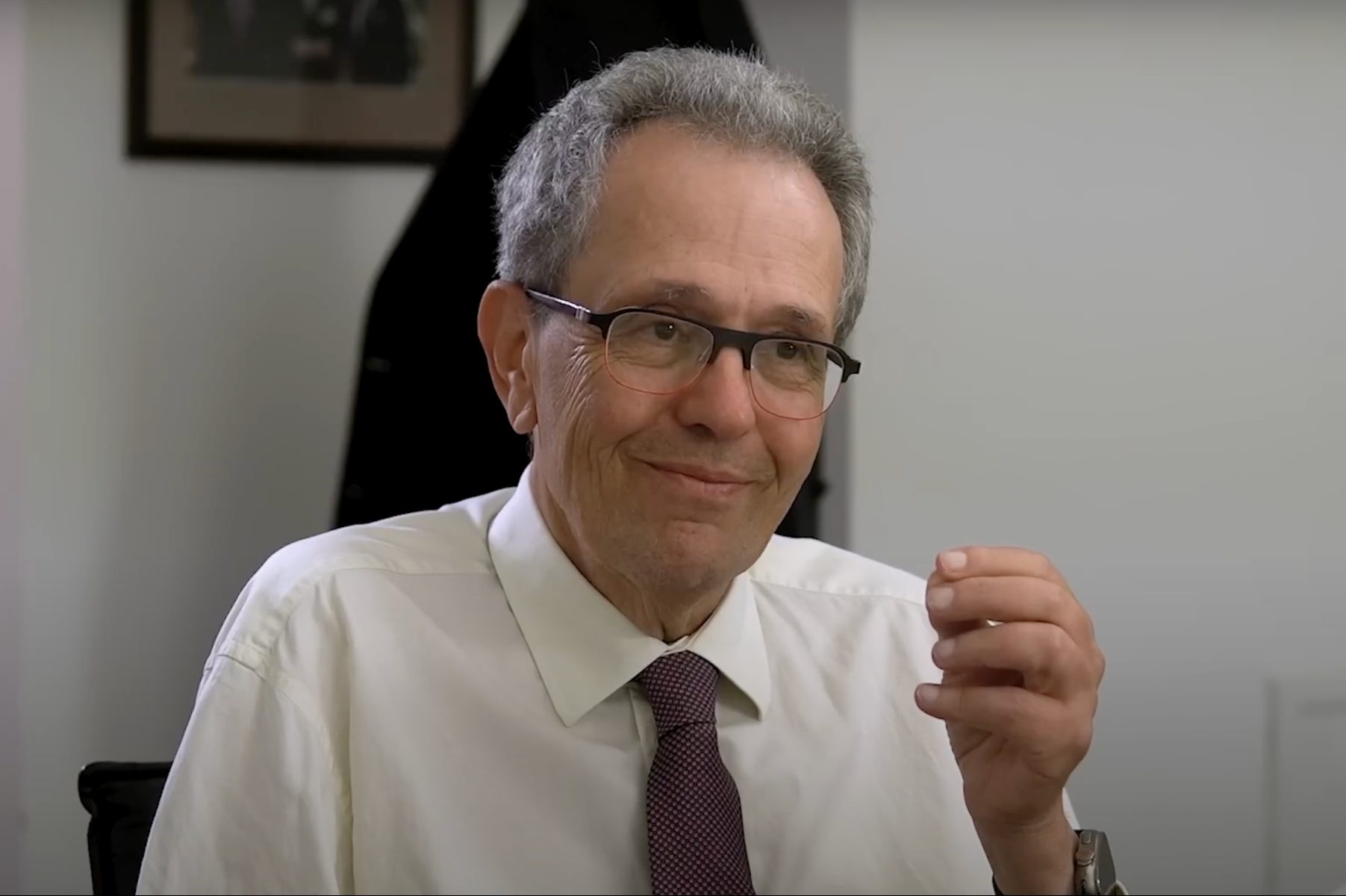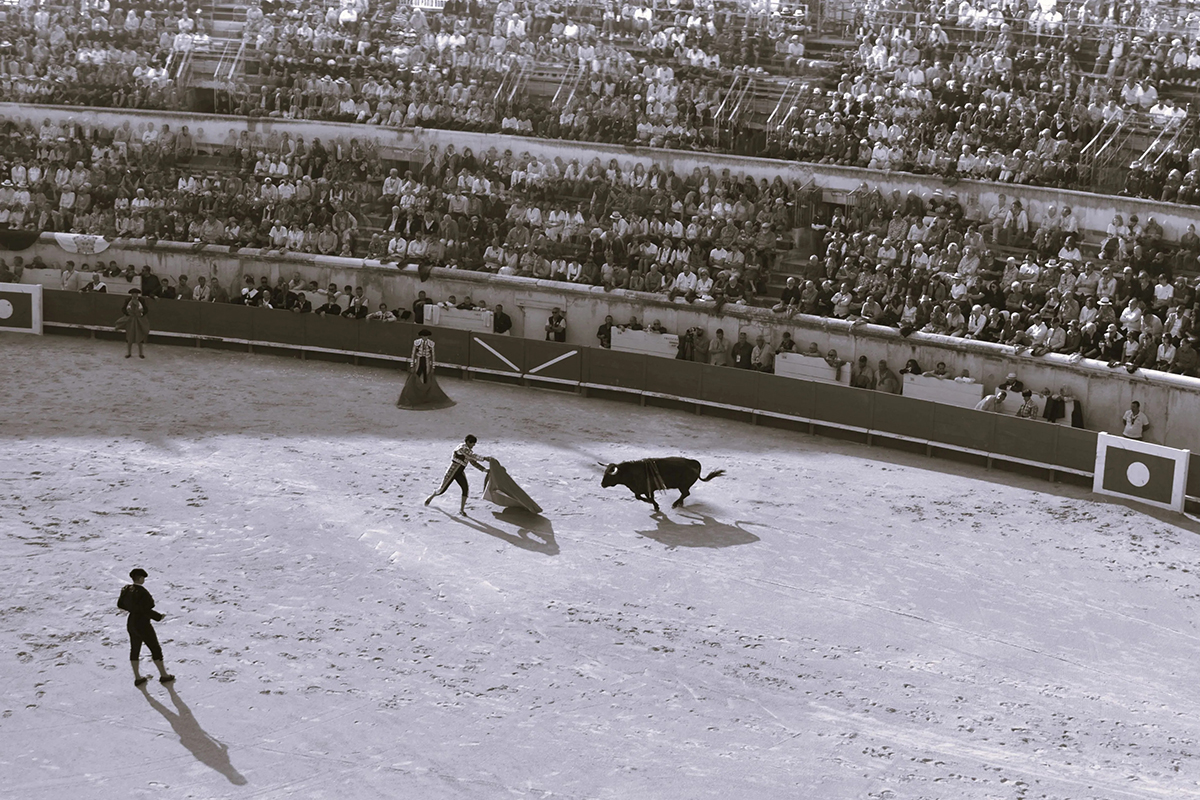Emmanuel Macron warned recently that Europe is in “mortal danger.” The French president said that Russia cannot be allowed to win its war with Ukraine. He reiterated the idea he first floated in February of sending soldiers to Ukraine, saying: “I’m not ruling anything out, because we are facing someone who is not ruling anything out.” Macron’s comments come amid reports of an upsurge in draft dodgers in Ukraine. They are frightened because their government has launched a crackdown on men avoiding the draft.
The phenomenon of Ukraine’s draft dodgers has been the theme of the Western media for several months. In November last year it was reported that as many as 650,000 Ukrainians of military age have left the country since the war began. “Some men paid up to $10,000 for a certificate confirming their unfitness for military service,” explained the BBC, which said the huge numbers of draft dodgers “is a serious problem for Ukraine.”
If Ukrainians aren’t willing to defend their country then why should France or any other NATO country?
The New York Times quoted Lieutenant Vladyslav Tonkoshtan, whose job it is to prevent Ukrainian men skipping the country. “We cannot judge these people,” said Tonkoshtan. “But if all men leave, who will defend Ukraine?”
But they are being judged. Mykhailo Podolyak, a senior advisor to Zelensky, declared at the start of this year: “Everyone must determine for themselves the price they are willing to pay. To either live in a prison camp or in a free country.”
You could understand why young Americans dodged the draft in the 1960s to avoid being sent to Vietnam, a war on the other side of the world in which their country wasn’t threatened. But Ukraine has been invaded. Its survival is at stake.
When Russia invaded Ukraine in February 2022, there were approximately 250,000 men and women in uniform, a figure that rapidly soared to 880,000 and now stands at an estimated 1 million. The average age of Ukraine’s combat soldier is forty-three (in World War Two it was twenty-six) and so the focus of Zelensky’s team now is on the younger generation.
But there appears to be a general reluctance “to do their bit.” One young Ukrainian, Artem, a twenty-eight-year-old from Kyiv, told Politico: “I’m young and want to live my life, and to go there [the front] without knowing when I will return to my normal life is hard.”
When Macron first mooted the idea of sending soldiers to Ukraine in February, he was roundly condemned by his domestic opponents. Olivier Faure, secretary of the Socialist Party, accused the president of conveying a “worrying lightness” on a subject of such gravity; Marine Le Pen said Macron was “playing the part of the warlord, but it’s our children’s lives he’s talking about so carelessly.”
This point cannot be avoided by Macron. Imagine the reaction in France, or any other NATO country, if their soldiers are sent to fight for a country whose own young men are too feckless to take up arms against their invader.
This may explain why in recent weeks Ukraine has started to address the issue of draft dodging. At the start of April, Zelensky finally signed a bill lowering the mobilization age from twenty-seven to twenty-five. He had prevaricated over the legislation for nearly a year because he was aware it was a contentious issue. The bill that he did sign into law had been subjected to nearly 4,500 amendments.
Another measure signed into law was the establishment of a digital database of men of military age, a move designed to enable the authorities to track those who have fled the country. The law requires all Ukrainian men of fighting age to present themselves at a draft office to update their papers, remotely or in person within sixty days. The law takes effect on May 18 and until that date Ukraine has suspended all consular services to military-age men. Additionally, twenty-seven new recruitment centers will be opened in cities across Ukraine, allowing volunteers to select the unit in which they serve.
Ukraine’s foreign minister Dmytro Kuleba posted a message on Twitter/X saying: “Our country is at war… Staying abroad does not relieve a citizen of his or her duties to the homeland.”
Some human rights groups in Ukraine have criticized the new measures. Oleksandr Pavlichenko, executive director of the Ukrainian Helsinki Human Rights Union, described the lowering of the mobilization age to twenty-five as a violation of individual rights. “It’s just an emotional step, not a legal one,” he said. “It will not bring the results.”
Comments such as those undermine Macron’s declarations that Europe is in mortal danger. If Ukrainians aren’t willing to defend their country then why should France or any other NATO country send their soldiers? “I think that many Poles are outraged when they see young Ukrainians in hotels and cafés and then hear about how much we’re doing to help Ukraine,” said Polish defense minister Władysław Kosiniak-Kamysz recently.
There are an estimated 200,000 Ukrainian men in Poland, and the government has said it will cooperate with Ukraine to return them. Lithuania has said it will also repatriate Ukrainians of fighting age.
A recent biography of Zelensky revealed that the president prefers Charlie Chaplin to Winston Churchill. That’s a shame because right now hundreds of thousands of young Ukrainians could do with a Churchillian speech about blood, toil, tears and sweat.
This article was originally published on The Spectator’s UK website.


























Leave a Reply